|
30/3/2023 0 Comments SWIFT Spring Curriculum Forum“Curriculum is a never-ending story.” For our Spring Term Curriculum Forum, education adviser, writer and speaker, Mary Myatt shared her curriculum wisdom and experience as our keynote speaker on Refining the Curriculum. A Teacher of R.E. and former Local Authority adviser and inspector, Mary engages with pupils, teachers and leaders about learning, leadership and the curriculum. She has written extensively about leadership, school improvement and the curriculum, and most recently, ‘Huh: Curriculum conversations between subject and senior leaders’ with John Tomsett. A co-founder of the R.E. Quality Mark, Mary is a member of the Curriculum Advisory Group for Oak National Academy. A curriculum should help to encapsulate and inspire, as well as to provide a QA standard that is strong, robust and clear and gets to the spirit and heart of the subject. Teachers need to have higher expectations of pupils. The tendency is to make classwork too easy and to think that they cannot cope. But they can and they want more demanding work. Consider high challenge, but low threat. Learning is only effective if pupils put some effort into it. Research shows they like doing things that challenge them and make them think. This was found to be especially true for disadvantaged students who often have a diminished reading diet. Through reading, their curiosity was stirred and they could ask if they needed help or an explanation. It is essential to consider and understand the concepts that go through the curriculum. Concepts are like holding baskets for information and grow over time and are powerful for children’s learning. Compare and contrast learning to deepen knowledge and consider the value of Tier 3 vocabulary. Find the gateways into subjects. For example, routes into a topic through the origin of words (etymology), Latin and Greek that can deepen knowledge and skill-up pupils. Dinosaur | from the Greek deinos ‘terrible’ + sauros ‘lizard’. Children like to find out and discover. It makes them feel clever and the role of the teacher is to make pupils feel clever. There is a value in learning through stories as we learn more if we have heard about a topic in a story and stories create the picture. “It makes new knowledge stickier.” But the reading deficit needs to be addressed. Make reading enjoyable. It does not have to be considered work. Think of reading as “a collective cuddle” and make time for reading in the day. A well-chosen text will manage complex ideas, visuals, tone, concepts and rich vocabulary. Use a high-quality text to underpin any element of the curriculum Remember stories are not only in written format, but visual as well and see the high-quality recordings like Lyfta’s storyworlds. Open up the curriculum to children and make them think by offering rich reading materials from authentic sources often with vocabulary lists as with Mary’s inspiring examples of beautifully visual books. We thank Mary for her uplifting talk that makes refining the curriculum feel doable and dynamic. Next academic year, SWIFT will be launching one of Mary’s programmes on Refining the Curriculum with five sessions of resources and opportunities, including access to online resources and self-guided sessions in which up to three school colleagues can take part (delivered by the Tarka Learning Partnership). Check out the Myatt & Co CPD film library of films and webinars designed to support schools’ curriculum, pedagogy and leadership. Headteacher of Marine Academy Primary and Director of Education for the Ted Wragg Trust, Siobhan Meredith led the presentation on the Curriculum in Outstanding Primary Schools. Graded Outstanding by Ofsted in two successive inspections (last inspection March 2022), Marine Academy Primary is also a Department for Education Behaviour Hub and a StepLab Coaching Hub. Siobhan strategically leads Disadvantage and SEND for the Ted Wragg Trust and has oversight of primary and all-through schools within the Trust, which is founded on the late educationalist and academic’s beliefs. There is a broad range of Pupil Premium across the Trust schools from 9% to 59% and social justice is key to support the less disadvantaged, and to provide an education which gives the less privileged access to the knowledge they need to succeed. But also, to give everyone a fair chance in their lives. “Senior staff, including Governors and Trustees, lead the school with an unfaltering moral purpose. They are highly successful in raising pupils’ aspirations and reducing social disadvantage. Leaders place no ceiling on any pupil’s learning or ambitions.” (Ofsted) Curriculum can make the difference and at Marine Academy Primary, it is based on the values of Selflessness, Ambition and Collaboration that demonstrate love and support children to succeed and grow into great people with the highest standards. Not only knowledge is needed to nurture the best human beings. Curriculum is more than learning, and includes a behaviour curriculum, values and morals that are essential for children to develop and builds on cultural capital. Marine Academy Primary is “a school full of joy and rigour” with consistency. Too often curriculum is a buzz word. But it is important to remember that it is a not a trendy initiative. It should be the backbone of a school and is bigger than one person. It is better to do fewer things, but in greater depth and to consider how you create the core. So, to be successful, a school needs a great curriculum, culture and pedagogical understanding to deliver excellent results for children and great teachers to deliver the curriculum. A toxic culture kills anything exciting. It is how the curriculum is taught that is important. Mindful of attendance issues across our region, a curriculum can go a long way to encouraging children to be in school as they do not want to miss out. Marine Academy Primary has a culture of high expectations and strong attendance and is proud of their 96.6% attendance to date this year, thanks to the hard work of the school team and 97% is the goal by the end of the school year. Work on the curriculum began in 2018 when Reach Academy Feltham were given a curriculum innovation fund, working on the basis of no ceiling in the curriculum. It comprises all learning and is knowledge rich and considers how all children are going to achieve; tracking back to where children need to be at the end of their GCSEs in in considering what a successful 16-year-old needs to know; mapping lesson-by-lesson, and planning what sits underneath each lesson and ensuring the cognitive conditions are right. Similarly, for the Early Years children, the curriculum is purposeful and planned across the six terms and matched to the key concepts of the National Curriculum: Daily Phonics, Daily Maths, Daily Guided Lessons, Drop Everything and Read, Plan, Do and Review and Independent Learning Time. The Early Years team have an understanding of Year 1 and if a child finishes one challenge, they do it again tomorrow even better Curriculum stars are awarded to the children across all the year groups who have shown a proficiency in the subject and are encouraged to be polite, articulate and confident and to talk about their learning as part of the living by life’s greatest values ethos. As part of Map Manners, they are guided with scripted conversations and the motto: “Work hard, be kind and amazing things will happen” so that ultimately, they are set up as best they can be for the future for secondary school and to be “well-rounded human beings.” As a special addition to the presentation, next up, Marine Academy pupils: Salam, Jessica, Lilly and Isla-Rose memorably talked articulately to share first-hand their experiences of the curriculum: Star | Sit up, Check the Speaker, Answer all Questions and Respect Others. Shape | Think about how you articulate your voices when you answer in full sentences. Map Manners | For example, holding the door open for someone or when you pass through and someone holds the door open for you, say thank you. In English, the children have been learning about all different types of letters, e.g. complaint letters; as well as formal and informal techniques, and the use of emphasis. Progression between year groups is a key part of the curriculum. For example, in Year 5, guided reading books are built on in Year 6 to help with English learning and the children have studied “Beowulf,” along with “Harry Potter and the Philosopher’s Stone” and “Harry Potter and the Chamber of Secrets.” For the topic of the Industrial Revolution in History, the children have read a book about a little boy whose parents died from cholera and he was put into a factory to work. Whilst for Geography, in Year 5 they went on a fieldtrip to Bellever Forest and identified the evergreen trees and have studied push and pull factors that they regularly revisit and review from Years 4 to 6. For example, on the topic of population growing and decreasing, the children have considered wars and deadly diseases (pushes) and better health care (pull). Geography or History are a focus each term and the other subjects are grouped together. So, in a term where they teach History, Art and Computing are taught and Design Technology and Music are taught alongside Geography. All other subjects are taught every term. The children are encouraged to apply their learning, knowledge and understanding and to use and study texts alongside the topics. In addition, learning takes place outside the classroom with after school clubs and a residential trip in June, plus theatre trips and British Science Week and more. And if a child likes a topic, other books are suggested that they can read at home. It was lovely to see and hear the children’s love of learning and how their knowledge is stored in their long-term memory thanks to their progress, which goes beyond curriculum documentation. The children are a lovely representation of an outstanding school. We thank Siobhan for her uplifting talk and to her and her pupils for sharing their enthusiasm about the curriculum at Marine Academy Primary and the Ted Wragg Trust. Headteacher of Colyton Grammar School Tim Harris led the presentation on the Curriculum in Outstanding Secondary Schools: Playground to PhD. Colyton is an 11-18 years selective school and has been graded Outstanding consistently by Ofsted (last inspection November 2022), positioned as one of the highest performing secondary schools in the region. “The curriculum and the ethos of the school help pupils to develop a strong understanding of the value of people of all backgrounds. There is a culture of appreciation of others for who they are and what they contribute. Students in the sixth form run groups to celebrate those who are sometimes under-represented in wider society. This contributes to the inclusive culture of the whole-school community. As a result, bullying is very rare. If it happens, leaders stop it.” Tim shared a narrative of the curriculum journey at Colyton and how it is important to have a clear purpose and lots of ways to establish the curriculum that meet the needs of your context. The message to students is that they can achieve for life beyond GCSEs and A Levels. The curriculum is a way to support students to excel and thrive at the best universities. But also, to reach their dreams and goals beyond exams and university. With endearing memorable references to The Wizard of Oz, Colyton not only seeks to prepare students to survive; but also, to thrive as creative, resilient, reflective and resourceful young people in an ever-changing world (“over the rainbow”). To show a willingness to go on and acquire further knowledge. SATs, GCSE, and A Levels are all stepping stones in going forward in life. But part of the challenge is to keep moving forwards and curriculum planning is successful when it is underpinned by understanding students’ environment and background in the context of the shared values of Scholarship, Humility and Service. Aspirations are not stable over time and can change and so, constantly, need to be negotiated. Universities and colleges are working with schools and other organisations to improve the attainment of disadvantaged pupils in order to improve their chances of going onto higher education, gaining a good degree and a graduate-level job. Tim cited the well-known work of Lee Elliot Major OBE, Professor of Social Mobility at Exeter University and the startling research that shows the South West is one of the worst performing regions for the number of disadvantaged students progressing to top universities. A curriculum should have ambition, and direct and allow the opportunity to learn and increase attainment and for attainment to meet aspirations. Work sampling can be an effective tool in checking a curriculum is consistent and clear. When the Colyton Leadership Team was looking at their curriculum statement principles, they reflected on what they needed it to look like. They wanted to create a love of all subjects and to provide the best support for students to achieve their goals through a knowledge-rich curriculum. Extracurricular activities are not separate to the curriculum. They are part of the curriculum as real time activities. Students are almost instructed to try new activities that enables them to adapt their knowledge and skills for jobs and apprenticeships. As part of the planning the Colyton SLT involved Heads of Department and Subject Teams and encouraged them to work backwards from Year 1 undergraduate to Year 7. They provided them with time to plan, by taking a day off teaching to meet as a team to plan their subject curriculum. In September/October, firstly, to help their thinking, following a review of the exam results and later in the Summer Term; which all supported buy-in from staff to be adapted and built upon with ambition. The move to a digital environment has successfully helped to improve the work-life balance. Once a curriculum is designed and implemented, it is important to check that it is engrained and to look at the building blocks and to see progression in everything the students are doing. As a curriculum support, subject specialists are in place, competitions and enrichment are essential components and reading is key. Students are encouraged to be autonomous scholars. Colyton no longer uses effort grades. Students are given a grade on their scholarship and scholarship leaders are developed across the school. It is worth noting, this year, as a high achieving school, Colyton has 14% of Year 13s holding places at Oxbridge. Tim concluded his presentation by returning to The Wizard of Oz and how Dorothy’s journey was as important as the end result of going home. “Remember your experiences.” There is always lots to learn and improve (and to continue the Oz theme, think also of the journeys of the Lion, the Tin Man and the Scarecrow) and it is expert teachers who help to create the pathways so that students can achieve these dreams. We thank Tim for his presentation and sharing insights into the successful curriculum at Colyton Grammar School, with his generous invitation for school leaders to visit should they wish to do so. Tim has been teaching for thirty years, in which time he has gained experience through roles as Head of History, Head of Sixth Form and Director of Admissions. The majority of his teaching career has been undertaken in the Thames Valley region of the South East working in a variety of schools in both the selective and non-selective sector before moving to Devon from his position as Deputy Headteacher at Reading School. With grateful thanks to our SWIFT sponsor, Lyfta who put us in the right frame of thinking about curriculum as the award-winning immersive learning platform, supporting teachers to build interactive and curriculum-aligned lessons that ultimately bring learning to life.
Lyfta’s Head of Educational Research, Dr Harriet Marshall works with teachers all around the world and brings the world into classrooms for those young people who might not be able to visit so that they can glimpse at the different ways of living and perspectives. Based on the Global Learning Programme and sustainable goals, Lyfta enables young people to feel a connection with their learning and is a powerful resource that encourages a sense of belonging. Lyfta develops abstract concepts through human stories as 360 experiences that can be mapped to PSHE lessons and other subjects in the curriculum that enable young people to connect with challenging concepts that might otherwise feel distant. For example, deforestation and melting ice caps. Report by Jude Owens, PA to the SWIFT Executive Team
0 Comments
 Scheduled the day before Mothering Sunday, The Mother of All Pay Gaps 2023 conference on Saturday 18 March 2023 was intended to be a practical gift to mothers. Organised by The MaternityTeacher PaternityTeacher Project (The MTPT Project) and WomenEd, over 60 school leaders and teachers with experience of parenthood or currently on maternity/paternity leave attended the whole day. Irrespective of delegates’ roles in schools, and/or the wider education ecosystem, the conference was opportunity to take practical action to address the fiscal motherhood penalty and to consider systematic change that school leaders could implement from the inside in order to take steps towards solutions. The education sector has one of the worst gender pay gaps of all UK industries and motherhood is one of the most significant contributors to this injustice. The #WomenEd's Gender Pay Gap report published in 2021 by WomenEd, National Governors’ Association, ASCL and NAHT, revealed that the gender pay gap widens at every level for teachers and leaders aged 35 - 39 years. Crucially for both mothers and the teaching profession, this is the age that teachers are most likely to become mothers and when they are most likely to leave the profession. Otherwise known as the motherhood penalty. Emma Sheppard, founder of The MTPT Project led one of the morning keynotes, contextualising and outlining the problem of the mother pay gap, and followed up in the afternoon keynote contextualising education within the wider industries; as well as considering flexible working, equal parental pay, and women’s contribution to the labour force, whether working or not. Compared to other sectors, is education a worse situation for parents. Or is it the case for everyone as a national, social and political issue? Evidence shows variations across all industries with comparative parental leave pay. For example, Aviva became one of the first UK employers to introduce an equal parental leave policy, offering new parents in its UK business 12 months’ parental leave, with six months at full basic pay. John Lewis, has an equal parenthood leave that provides all new parents 26 weeks paid leave (14 weeks at full contractual pay and 12 weeks at 50% contractual pay). However, nationally, 31% of employers only offer the statutory six weeks’ parental leave pay. So, parents in education would seem to be comparatively better off. But, as another example, London Fire Brigade[1] has a more generous maternity leave policy; although it is fair to say that it is a very male dominated profession with fewer mothers to support. Vivienne Porritt, Co-Founder and National Leader of WomenEd led the keynote on the gender pay gap. Evidence shows that by retirement, female Headteachers aged 60 across all types of state-funded schools are over £17,000 per year worse off than their male counterparts; which can start from motherhood. Women’s salaries generally have steadier increases in salary by age; whereas men tend to see much larger increases, particularly towards the end of their career and this discrepancy is getting worse. As a collective call to action therefore, the conference workshop sessions were designed with “a what to do” focus, moving on from the problem towards practical and concrete solutions by seeking to change policies and to empower others. For example, providing practical advice on how to fill in shared parental leave documentation. Other speakers included Kinza Barrett, founder of Shared Parental Leave for Teachers who provided insight into how to add shared parental leave to holidays; which is not always possible in education and financially, can make a big difference for families. For example, in saving up for childcare and notably, it is a legal right. Popular workshop sessions included The MTPT Project coach Malarvilie Krishnasamy’s Question Time panel on The Power of Coaching and Head of History and Assistant Headteacher at Vyners School Academy Trust, Simon Beale’s talk on What Can Fathers Do. Allyship from fathers is essential; not least in sharing childcare logistics. Typically, there is a chain effect. Mothers often take on more of the pick-up/ drop-offs of their children and the domestic load, which inevitably increases as babies create more work; because they are generally afforded longer maternity leave and get into better routines than fathers. So, when mothers go back to work, they may benefit from better routines, but they are nevertheless having to manage greater professional and domestic workloads. But by taking shared parental leave, fathers can also benefit from developing their own routines at home, so that both parents enjoy greater equity in their shared systems. Another useful what to do session was Negotiating Your Worth in upskilling how to negotiate. Even if there is no budget or new parents are unable to return to work on a part-time basis, they can still negotiate for time to work from home or to work flexibly and thereby save money on paying for a nanny and/or breakfast clubs because of an early work start. Other workshop sessions that were well received included the Power of Coaching, Shared Parental Leave for Holiday Pay, Full Time and Thriving, Mentoring and Role-Modelling for Mother-Teachers, "No"-ing Your Worth: Setting Boundaries for Unpaid Labour, Maternity Pay Policies, Fair Pay for Flexible TLRs and CPD and Progression for Mother-Teachers and The MTPT Project and WomenEd thank the contributors for sharing their expertise and experiences: Kathleen Cushnie, Deputy Head and Voicing Education Podcast Host, Emma Blake, Trust Lead Practitioner and WomenEd Network Lead, Chris Reddy, Coach and Founder of Bright Leaders, Abby Bayford, Executive Director of GAT Institute of Teaching, Lindsay Patience, Co-Founder of Flexible Teacher Talent and Bridget Clay, author of Unleashing Great Teaching and Director of School Leadership at Teach First. WomenEd and The MTPT Project also thank the delegates for attending and sharing their experiences. Feedback was optimistic and enthusiastic with personal commitments to bring back change to schools in order to support others. WomenEd and The MTPT are grateful to Ambition Institute, Culham St Gabriel's Trust, The Chartered College of Teaching and Harris Federation for sponsoring this free event and for their commitment to addressing the motherhood penalty in education. Too often women are asked to do things for free, as a gesture of goodwill (the “guilt martyr” approach) or to do it for “the children” or “the community” and it was important to the organisers that all the speakers and keynotes were paid and valued for their presentations. Commenting on this début Mother of All Pay Gaps Conference, Emma Sheppard, founder of The MTPT Project said: “It was a great day! As well as a sense of togetherness, there was a positive feeling of our parental community and a particularly lovely characteristic was how several of our session leads and panel guests were talking and delivering with their babies on their laps having a feed! Thank you to everyone.” Finally, save the date for next year’s conference! Saturday 9 March 2024, again, beautifully timed the day before Mothering Sunday. [1] (a) Up to 12 months maternity leave, of which the first 26 weeks will be ordinary maternity leave (OML) and the remaining 26 weeks will be additional maternity leave (AML). (b) OML which will be paid at a rate of 15 weeks at full pay and 11 weeks at half of normal pay. (c) AML which will be paid at a rate of 13 weeks at half of normal pay. The remaining 13 weeks will be unpaid. Report by Jude Owens, PA to the SWIFT Executive Team For more information
This next SWIFT Early Career Framework (ECF) Extra session on High Expectations and Behaviour was led by Professor of Social Mobility at Plymouth Marjon University, Sonia Blandford and Retired Headteacher of a PRU and Educational Consultant, Wendy Casson MBE. The “Extras” are free optional sessions available to SWIFT Early Career Teachers and Mentors and their wider school setting to enhance their experience on the ECF and benefit their reflection and practice in their classroom. Founded on 80 years of combined teaching experience and enthusiasm aplenty, Sonia and Wendy’s love of education, teaching and children was palpable and is also rooted in their backgrounds. Wendy comes from a background of a family of six children who were nurtured by their parents according to their different needs and nurturing has been part of Wendy’s practice as a teacher and school leader. Sonia and her twin were part of the Born to Fail study for their first 15 years (which is also the title of one of her books). Financed by a grant from the national Children's Home, the Born to Fail study looked at socially disadvantaged children born in Britain in the week of 3 - 9 March 1958. As children, Sonia and her sister did not care, because those around them did not care; which included failing her English Language O Level five times – although she has made up for it with her prolific 55 published books. There needs to be care and support. Commit, control and inspire pupils and young people to be curious about what they do, about what teachers do, and to be curious about the context and the standards of behaviour. Teaching is a learning journey for everyone. Even when it gets tough, it is a learning experience. Teachers should not always blame themselves. “Embrace the trips and slips.” If a lesson does not work, consider the many other external reasons and events that might be taking place at home. For example, the pupil might be a young carer with family pressures. An understanding of children’s backgrounds can help to support them in school and in addition, an awareness of the cyclical pattern of parents who failed at school and do not know how to parent their own children. The past will affect the present. This needs to be a whole school approach. “Go into the classroom in a positive way and speak to colleagues in a positive way.” Share your good practice and any concerns. Reduce the impact of toxic stress and support children more effectively by helping them to learn emotional self-regulation, show unrelenting positivity and kindness and use language that reduces stress rather than increases it. Relationships are key in school. “You’ve got to give what’s inside you.” Children can work out the frauds and if you do not want to get to know the children in your class, they will not want to get to know you. Maintaining boundaries, of course. Developing strong relationships with parents at home is equally important, and requires the development of skills to enable positive relationships with parents. Involve the parents every step of the way. Consider the six Principles of Nurture: Transitions for children that involve them stepping out of their safe environments can be managed. From home to primary school, then to secondary school and even consider the challenging and sometimes traumatic transitions between lessons. Teachers need to be flexible through the school day. We are all learning. “If we can’t teach to the children, then we can’t teach.” If a child does not (appear to) want to learn, the issue might be that the lesson needs to be pitched in a different way to meet their primary needs. Maintain high standards, and engage with every pupil and know them and understand how they learn. Be aware of misconceptions. If a child will not sit still, it might be that they need a sensory assessment and/or they might have an undiagnosed/ unmet behaviour or learning need. If a teacher is shouting all the time, they have lost control. On-call systems risk disempowering the teacher as the pupil perceives that that teacher does not want them in the class or cannot teach them if, and when, they are withdrawn from their lesson for poor behaviour. Learn from experience. Talk to the child. Confront without confrontation. “Most children love coming to school, some come to school to be loved…” When children feel safe and loved they will thrive and need the following eight things to thrive:
Rather than changing the child, change the support around them, which requires the skills to support the young person. Key Takeaway Action Points
SWIFT thank Sonia and Wendy for leading this insightful and positive session on High Expectations and Behaviour, which was a collaborative effort between Plymouth Place-Based School Improvement, Plymouth Marjon University and SWIFT. The next session in the series will take place on Thursday 18 May 2023 at 1600 and delves into 'inclusive practice' in all classrooms. Look out for more information in the ECF Programme Weekly Newsletter. By Jude Owens, PA to the SWIFT Executive Team 24/3/2023 0 Comments SWIFT Events Newsletter | Issue 24 This issue includes a featured article and some highlighted programmes, courses and events. from our partners to support your professional development and enhance the work of your school. Simply click on the booking link, to the course or event you are interested in, to get more details or book straight on! Featured in this issue we have: SWIFT Summer Conference #SumConf2023 Taking place on Thursday 15 June 2023 at Exeter Racecourse, the amazing line-up of speakers, including Stephen Morgan MP, Shadow Schools Minister, reflects our vision to create world-class opportunities for leaders to learn, develop and connect. We are passionate about enabling schools in the South West to have access to the best of regional, national and research as we know many school leaders experience varying degrees of rural and coastal isolation. Devon Pupil Premium Support Network Developed for existing and new Pupil Premium Leads in Early Years, Primary and Secondary settings, this series of workshops provides structured support to design, write and prepare an effective Pupil Premium strategy. Huh Devon Leaders Course | Refining the Curriculum A self-paced eight session course on curriculum leadership with Mary Myatt and John Tomsett. Highlighted Programmes: · Jurassic Math Hub Annual Conference · Professional Communities · Events for your diary Wednesday 22 and Thursday 23 March 2023 at 1115 and 1400 We understand that pressure on budgets and staff time is making it increasingly difficult for schools to offer students a broad range of experiences. With school trips and other enrichment activities sometimes seen as expensive and resource-heavy for a regular basis, children can miss out. As part of the countdown to Earth Day, our sponsor, Lyfta would like to invite classes in your school to join them for an exciting FREE live lesson and go on a virtual journey to Ethiopia to explore themes of sustainability, creativity and inventiveness. The live lessons are taking place on Wednesday 22 and Thursday 23 March 2023 at 1115 and 1400 (on both days).
As the live lesson is led by Lyfta, there is no teacher prep work required. You only need to sign-up and join with your class on the day via Zoom! There will also be an exciting opportunity for students to be part of the Lyfta Earth Day competition with the chance to win a book bundle worth £100. Exposure to Lyfta’s rich human stories is helping young people across the UK build their cultural capital, curiosity and oracy, as well as develop vital knowledge, skills and understanding. It provides the opportunity for pupils and students to be exposed to people, places and perspectives to whom they might otherwise not have access, in a highly accessible and cost-effective way.  This issue includes a featured article and some highlighted programmes, courses and events from our partners to support your professional development and enhance the work of your school. Simply click on the booking link, to the course or event you are interested in, to get more details or book straight on! Featured in this issue we have: Devon Pupil Premium Support Network Developed for existing and new Pupil Premium Leads in Early Years, Primary and Secondary settings, this series of workshops provides structured support to design, write and prepare an effective Pupil Premium strategy. SWIFT Celebrates Diversity, Equity and Inclusion As part of our Diversity, Equity and Inclusion commitment SWIFT is working with Hannah Wilson, co-founder of Diverse Educators. Learn more about the support and training that they offer. Highlighted Programmes:
March, and spring is in the air.
In this issue, ESW Associate & Strategic Leader of Teaching & Research Schools | Education South West, Roger Pope CBE reflects on the broader picture of the teacher strikes: "Strikes are a result of that unspoken social contract breaking down. What you do ceases to have the satisfaction of a vocation, and has become instead just work." Roger commends the Holy Catholic Family MAT for their intentionally designed five key steps strategy for making work rewarding. Read the entire feature in the newsletter link below and see the Data Protection guidance for schools relating to the strikes from our sponsor, SchoolPro TLC. Find out about the LSSW Study Visit Programme, the first session of the How to Teach Boys to Succeed in School programme led by Teacher and Author, Mark Roberts and if you've ever wondered about the story behind our SWIFT artwork, you can read an interview with our artist Olivia. Discover more about our sponsors' services. Lyfta's rich human stories that open up a world to young people to build their cultural capital, curiosity and oracy, Educatering's lovely food for schools and working as a supply teacher in the nursery/primary sector in Devon and Torbay with Exeter Supply Partnership.  “Boys should be happy and successful and able to contribute to society and make it more fulfilling.” Hosted on behalf of SWIFT by Caroline Sherwood, Deputy Headteacher at Pilton Community College, the idea for this professional development programme came from a love of reading and an understanding that the power of a shared text can make anything possible. The programme takes its name from “The Boy Question: How to Teach Boys to Succeed in School” authored by Programme Lead, Mark Roberts, Director of Research and Teacher of English at Carrickfergus Grammar School in County Antrim, Northern Ireland, and is the follow-up to “Boys Don't Try? Rethinking Masculinity in Schools” co-authored with Matt Pinkett. Cognisant of the EEF’s Implementation Guide and based on research and evidence, the five sessions will consider the following key areas to implement change:
The plan is to focus on fewer issues, but meaningfully and deliberately to ensure the highest leverage priority. Delegates are invited to think precisely about characterising challenges in their own schools to work towards achieving positive improvements with the opportunity to revisit and act on ideas discussed in the programme. 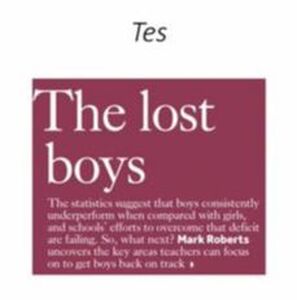 Mark began with the call to action that the well documented gender gap cannot be allowed to continue. Nationally, boys are underperforming compared to girls. Locally, the percentage of boys attaining strong English and Maths at GCSE is 6% below that of girls in Torbay, 7% in Devon and 10% in Plymouth. This first session looked closer at Expectations, Motivation and Relationships. Myhill and Jones’s study at the University of Exeter on “Troublesome boys' and 'compliant girls': Gender identity and perceptions of achievement and underachievement” (2004) asked teachers whether they thought that boys should do as well as girls at school. The results were significant. 80% of teachers from the collection of primaries, one middle and one secondary schools in the study said yes, boys should do as well as girls; which might, at first, appear to be positive. However, it calls into question the 20% who had clearly “written off” boys before they had even started. Teachers were found to refer to attitudes to girls and boys achieving well or not well at school as “typical” behaviour and if they performed better or less than expected, often noted this as an anomaly. In particular, the interesting disconnect was when teachers said that they believed in boys, yet commented negatively, reflected in how they responded to boys in the classroom. Research found more negative perceptions of boys than girls. Recurring words used to describe boys were “fidgety, immature, lazy, disruptive, noisy and apathetic.” Labels, as we know, can be damaging and become generalisations. Labels do not help boys who are switched off and need to find new motivation. Teachers’ preconceptions were found to impact on student performance. Myall and Jones led a follow-up study a few years later and asked students, “Do you get treated differently depending whether you’re a boy or a girl?” 62% said yes, boys get a “raw” deal from teachers in their school with the following key differences:
The delegates considered ways that this different and detrimental gender treatment might look in the classroom:
Negative messages to boys can lead to low expectations and the risk that the academic potential of boys is side-lined due to the focus on their behaviour, which can cloud the judgement of their academic potential. Jackson’s research at the University of Lancaster on, ‘I have a sense that it's probably quite bad … but because I don't see it, I don't know’: staff perspectives on ‘lad culture’ in higher education” (2021) looked at “laddish” behaviour and listed the following behaviour characteristics:
High expectations from teachers are vital. Mark considered the Pygmalion Effect of the self-fulfilling prophecy, in which situations with high expectations lead to improved performance and low expectations lead to worsened performance. Teachers will not admit that they have low expectations. It is often unconscious. But the good news is when pupils sense that teachers believe that they can do well, they notice and respond to expectations. A study by Green, Martin and Marsh at Western Sydney University on “Academic motivation and engagement: a domain specific approach” (2005) described academic motivation as: “Students’ energy and drive to learn, work effectively, and achieve to their potential at school and the behaviours that follow from this energy and drive.” Motivation can be either extrinsic and intrinsic. Generally, girls are more intrinsically motivated and boys extrinsically motivated. Often, girls do not believe that they are clever and work harder in terms of quality and quantity of work and have better concentration and evaluation skills; whilst boys respond better to external rewards. Success leads to motivation, not engagement and there needs to be more consistency amongst subjects. Mark shared his practical tips on how to motivate boys in the classroom: 1. Feed for fulfilment (scaffolding an answer). 2. Rephrase to amaze (add in extras to make it sound like a great answer). 3. Let them write like you (show what excellence looks like and narrow the gap). 4. Do not focus on grades (relieve the external pressures and obsession on goals, encourage boys to enjoy learning instead to reach the goals). And remember, it takes time! Boys can fall back. As part of considering relationships, Mark presented a series of scenarios of misbehaviour and invited delegates to consider how they might respond. In avoiding a confrontation at the start of the lesson e.g. for a uniform infringement, teachers would avoid a public confrontation, regular shouting and be aware of their body language. Time would be given for boys to cool off and reflect and the teacher would use polite, insistent language (“thank you”). Wherever possible, Mark advised the group to depersonalise boys’ behaviour and to deal with it discreetly. Avoid using individual names. Pluralise, so that one particular boy is not centre stage for a telling off. This can be powerful to remove any theatre /drama from the classroom in front of peers. Another pragmatic tactic in the classroom, instead of speaking, Mark highlighted how boys often respond better to non-verbal gestures (see how many you recognise here): How teachers praise boys can also make a difference. Boys prefer private praise. Mark advised against praising for basic behaviour, as it undermines boys’ confidence, as if teachers do not expect them to do anything more complex. Boys like and respond well to positive contact with home for genuine praise and Mark shared his routine of phoning home to parents on a Friday afternoon to end the school week on a positive note. Importantly, praise ideas and the boys’ work, rather than them, as an individual. Research has found the most effective form of communication in helping boys to behave well is direct, but non-threatening, with honestly articulated thoughts and feelings; not using blame, and considering the other’s needs, and trying to patch things up and being firm, but fair. In conclusion, teachers often have lower expectation of boys’ behaviour and academic potential and in order to support boys’ and build motivation, they need to taste success in a subject. The best way to support boys to behave better is for teachers to adopt a calm and direct teaching persona that is ultimately motivating. 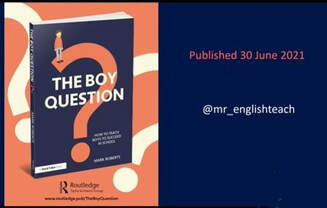 Delegates asked questions based on their own experiences of teaching boys. Does research show that boys have a dislike of being taught by female teachers? Reassuringly no! Research shows that boys want kind teachers who know their subject. There may, of course, be some openly misogynistic boys; but this would be a question of deeper issues that need unpacking and guiding boys to understand why this attitude is unacceptable. This would raise potential safeguarding implications and additional support for teachers, particularly female teachers. Similarly, how can teachers deal openly with boys’ views on the controversial Andrew Tate? Mark acknowledged that context is key and individual teachers are not expected to work on their own. Work is required school-wide through dedicated staff professional development training, and assemblies etc to convey a positive ethos and culture that deconstructs and unpacks perceptions of what boys seem to like about these negative role models. Is it genuine or provocative? If, it appears to be a genuine obsession, Senior Leadership and safeguarding input may be needed. Importantly, however, boys need to feel that they have been listened to; otherwise, silencing could belie conspiracy theories. One teacher noted their work on the transition from primary to secondary school and how boys can struggle more than girls. Mark agreed that peer pressure in anti-school attitudes can be a big issue for boys in how they perceive reading and writing to be uncool and complete homework with the bare minimum of effort. Notably, boys tend to be less organised; possibly, in part due to the way that they are raised and socialised and expectations on them and they will need to work harder, which takes longer. Is there research that shows boys respond differently to rewards for good work compared to girls? Research shows that boys are more motivated by rewards than girls. But in the long-run, research shows that extrinsic rewards are not good for boys. The risk is that when these tangible rewards cease, boys might stop working. At Mark’s school, they have removed merits and instead, have introduced a small square card presented to pupils: “A positive note awarded by Mr Roberts…” which they can show their parents. This moves away from the idea that boys need to receive something tangible for working and behaving well and is a healthier nudge towards intrinsic motivation. One teacher asked for guidance on how to manage a disruptive Year 11 “boy heavy” (caution the use of “burdensome” language!) double lesson that boys struggle more with. Mark suggested separating the two hours by building in periods of silence as standard expectations and explaining the reason is to work hard and to focus and to incorporate expectation reminders. In seeking advice in how to fight against laddish culture and counterbalance toxic masculinity, Mark encouraged the group to be kind and gentle and to celebrate the good aspects of being a boy; which needs to be school-wide and revisited constantly in tutor time, PSHE etc. Another delegate asked why boys present their work less well. Clearly, teachers like to see all pupils’ work neatly and well presented. Graffiti on work/books can show a lack of focus and poorly presented work can be an act of rebellion. But to maintain motivation, teachers need to balance priorities and feedback on content and not over-obsess and make presentation the main focus. We thank Mark for this launch session that opened up an encouraging discussion in how to teach boys to succeed in school. The next session is on Wednesday 8 March 2023 from 1545 - 1715 and future sessions will deep dive into the key issues that are the most important for delegates’ own contexts: whether behaviour, motivation, and raising expectations. Report by Jude Owens, PA to the SWIFT Executive Team
 “As an artist, my own style is constantly changing, so it's a good process for me to be forced to stay consistent over a number of weeks and months.” Behind every organisation’s artwork, there’s a story. Or that’s our happy experience at SWIFT. We proudly believe that our distinctive artwork across communications, documents, and socials reflects our vision and values to support schools in achieving the best educational outcomes for all children. The creative process of bringing to life vision and values into pictorial format is an exciting task and this is where our SWIFT artist, Olivia has worked her magic so effectively. We spoke to Olivia to find out more about her creative evolution as our SWIFT artist. 1. How did you come to be the artist for our SWIFT artwork?
I like to think that it has been a series of chance opportunities which have led me to being asked to illustrate for SWIFT. So, it's great to feel that I’ve taken up the opportunities that have been presented to me along the way, which have led to this project. Art has always played a part in my life. At school, I studied Art GCSE and A Level and for fun, I have kept a sketch book alongside my coursework as a space for therapeutic doodling and jotting down ideas. A turning point in my artistic explorations was when I was gifted a tablet for a joint birthday and Christmas present, where I soon discovered a new Apple software digital platform, Procreate, an app which has allowed me to experiment with and progress my style very quickly. I also like to trace my involvement with SWIFT to Year 11 at school, when I entered a Science Department competition to design a post card - which I won! On the back of that competition, other Departments started asking me to undertake designs to represent their subject: English and Geography, Science and Psychology and a few others until I gained the status as a kind of resident digital artist for the school. I don't really agree with the idea of natural talent. Though, as a child, my interest in art was largely encouraged by being told I was 'so talented' etc. It definitely comes with consistency and not being too hard on your own style in comparison to other creators. Having somewhat tunnel vision with regards to my work has foster my skills and, though I have always appreciated other people’s praise and positive comments, I try not to let them define whether a piece of my work is worth sharing or not. It was after I left school that I was contacted by Chris Harris (SWIFT Deputy Director) who had seen some of my designs and asked if I might be interested in designing some artwork for SWIFT. It was a natural leap and I said yes (of course)! 2. Your artwork is lovely and looks and feels right for our SWIFT ethos and identity. But how did you develop this style? It was an iterative process working in a series of calls with Martin Smith (Director of SWIFT) and Chris Harris to discuss what they were looking for. Truthfully, to start with, the SWIFT artwork was not really my core style. I'd describe mine as more detailed and textural, I often use a digital brush which mimics pencil led and include more detail in faces or illustrate patterned clothing or background elements. After a few discussions about what style SWIFT were keen to express, I was able to adapt my work to the current SWIFT style and I think the more abstractified forms and use of block uniform clothing and pupils and staff better conveys the work of SWIFT, and better suits the messaging based on the Teaching School Hub, of say, progress, teamwork etc. It also allows me to express more of a fun element with lively and colourful playfulness. I develop the designs by starting with a few thumbnails, (small compositional sketches the size of a thumbnail) before moving to the development with mood boards and images and a colour palette with more detailed drawings. At this stage, the designs are very loose as I map out the composition by hand using paper and pen, before I use the tablet to sketch out digitally. 3. What have you found to be most challenging in creating the artwork? The most challenging part has definitely been creating a consistent style; not only as this is new territory for me as an artist, instinctively wanting to add more detail and embellish to unnecessary lengths. I kept the importance of keeping a recognisable uniform SWIFT style in the front of my mind and managed to get into a good workflow in order to produce consistently-styled illustrations. 4. What has been most rewarding? Definitely seeing it all come into fruition on the SWIFT website and it was wonderful to see a picture of a SWIFT promotional billboard that featured my style in print; seeing the physical manifestation as it is being used as a product is very rewarding. Also, more recently, I enjoyed designing the SWIFT Christmas cards and refreshing the designs into a new theme and I am currently working on some initial teacher training designs. 5. Do you have any plans to use your artist skills in your career? At school for my Extended Project Qualification (EPQ) I wrote and designed a poetry anthology with my own illustrations. So, I'd quite like to pursue my own writing and illustration work; perhaps with children's or young adult fiction. I am also interested in working in film concept art as a character designer that plots out the look of a film, which would involve being on the creative team working behind the scenes on the film aesthetics and designing what the characters might look like conceptually as a series of studies and ideas before settling on the final look which appears on screen. Whatever and however Olivia uses her art, we are sure that it will be enjoyed as we enjoy her SWIFT artwork designs. Watch out for more to come in the future. Interview by Jude Owens, PA to the SWIFT Executive Team |
SWIFT News
|
SPONSORED BY
Join us, be a part of our SWIFT community |
© COPYRIGHT 2022 SOUTH WEST INSTITUTE FOR TEACHING SWIFT. ALL RIGHTS RESERVED | Website by brightblueC
VIEW OUR PRIVACY NOTICES | VIEW OUR COURSE T&CS
VIEW OUR PRIVACY NOTICES | VIEW OUR COURSE T&CS



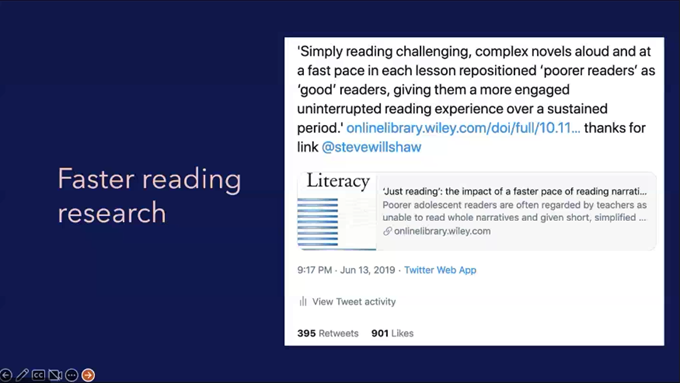
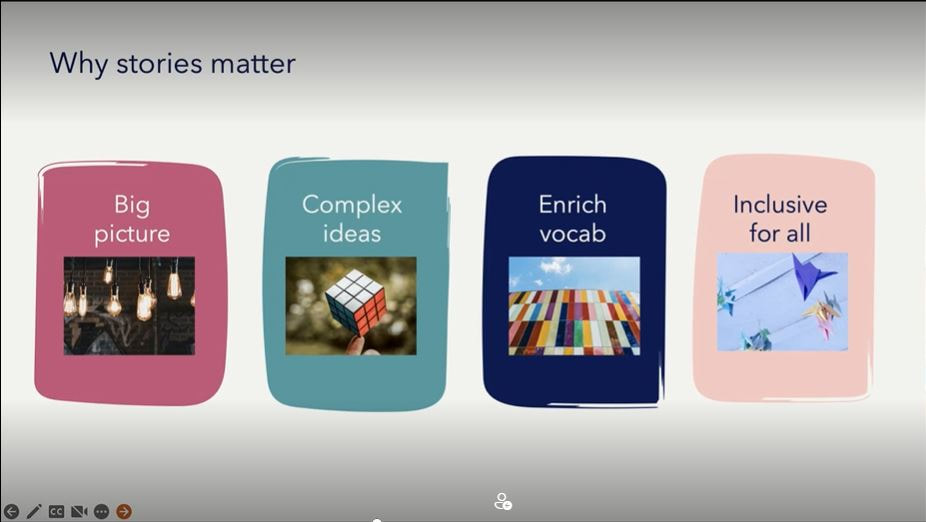

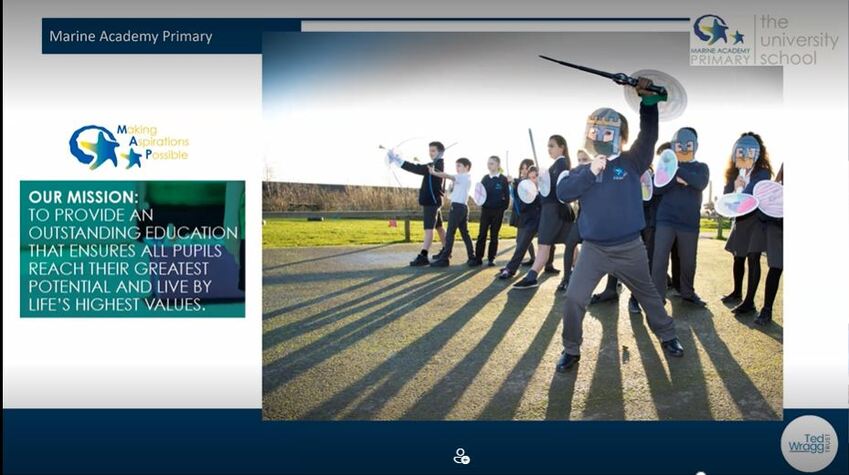
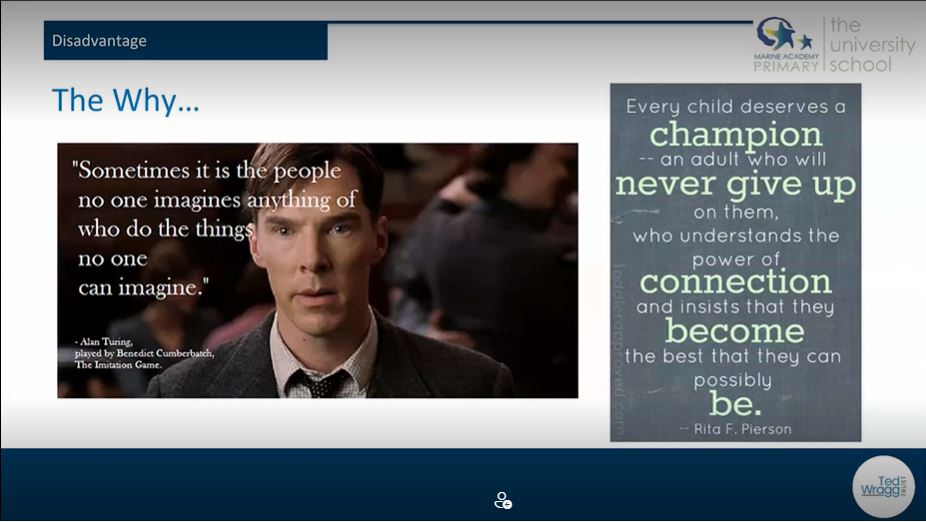
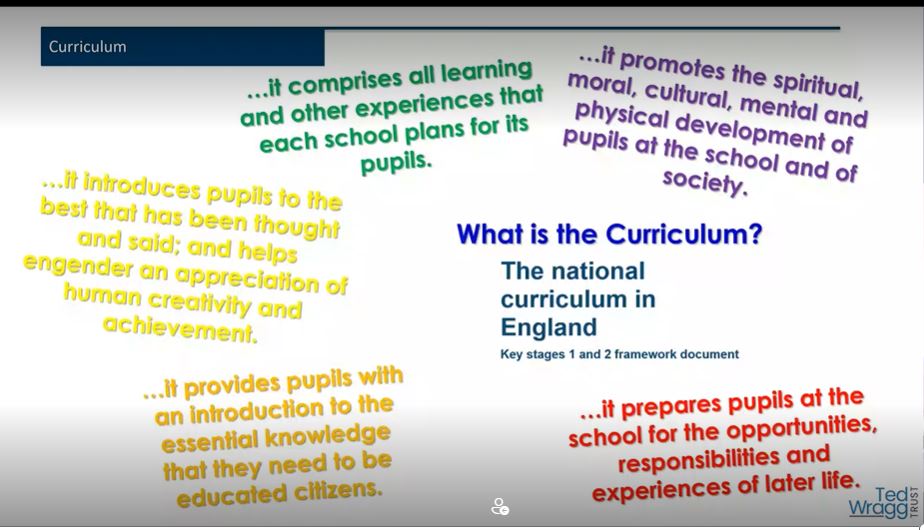
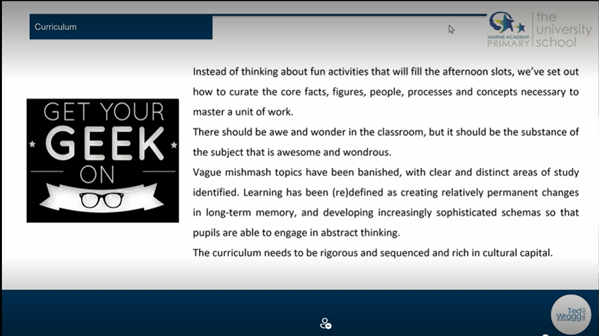
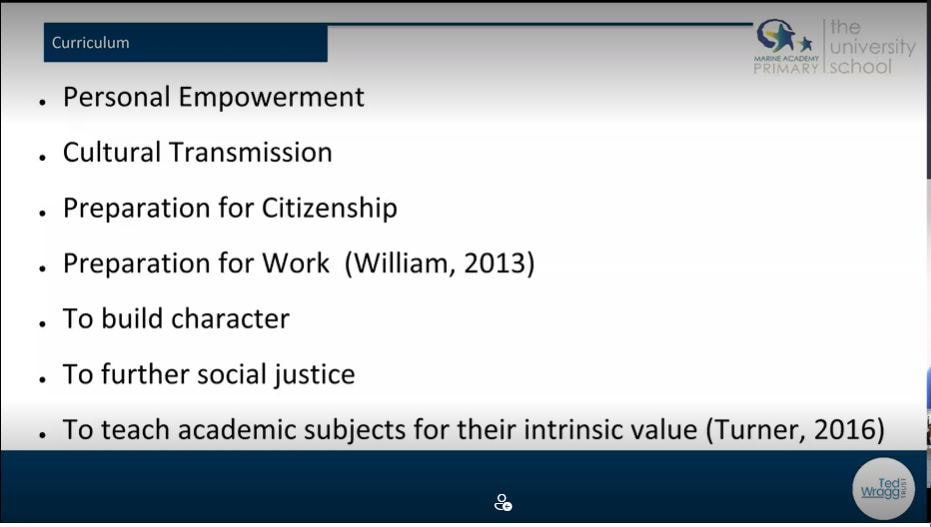
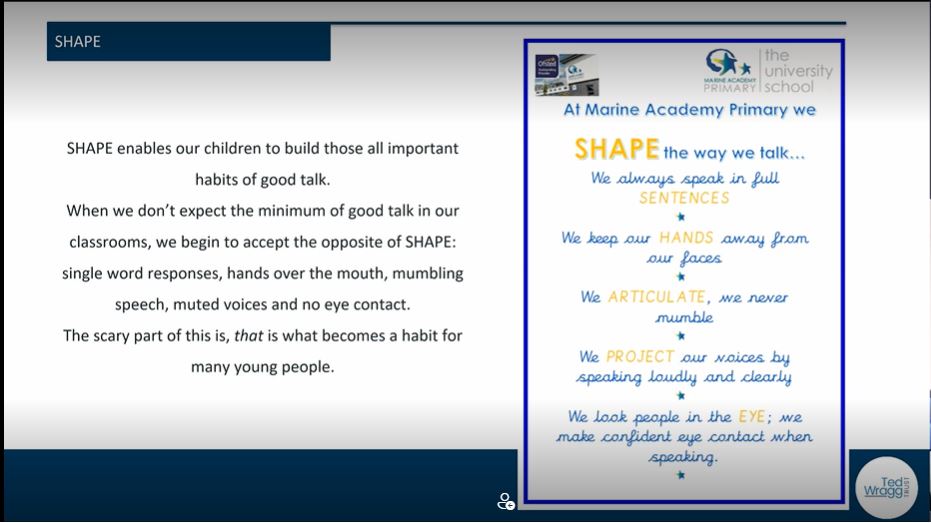
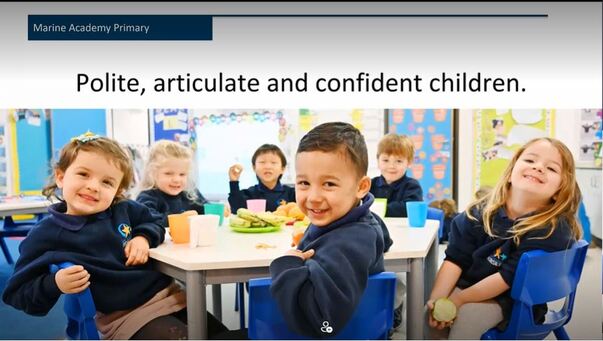
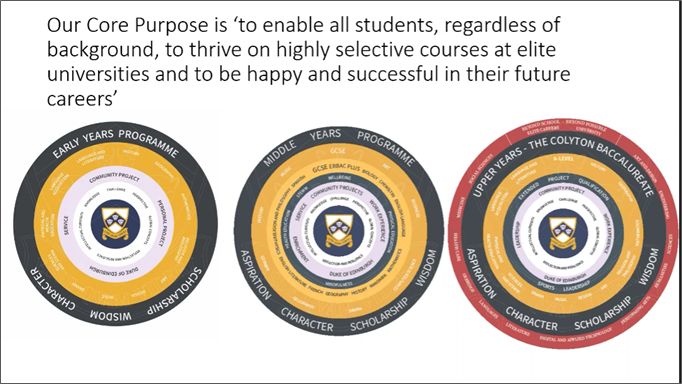


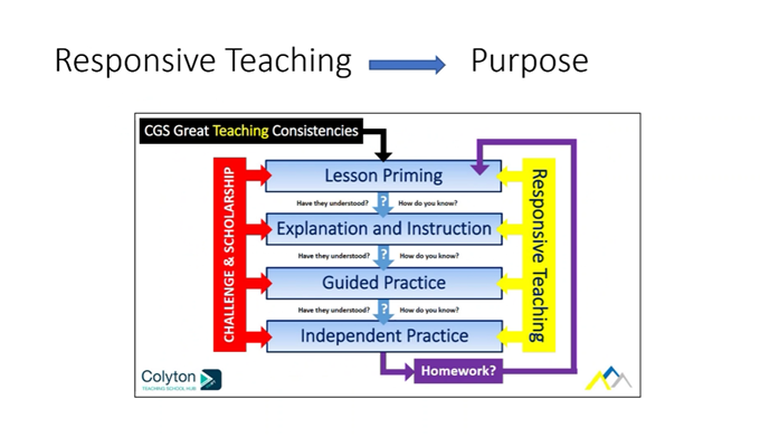
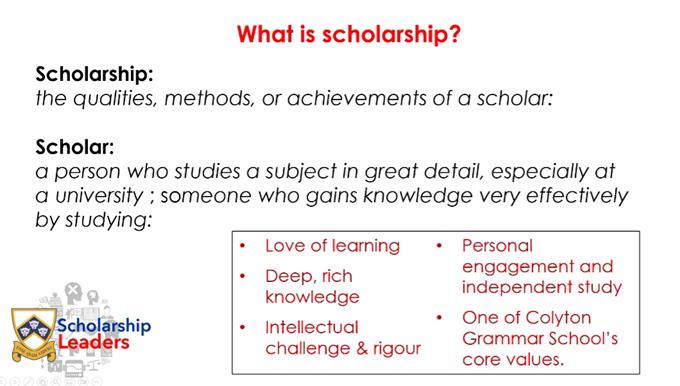
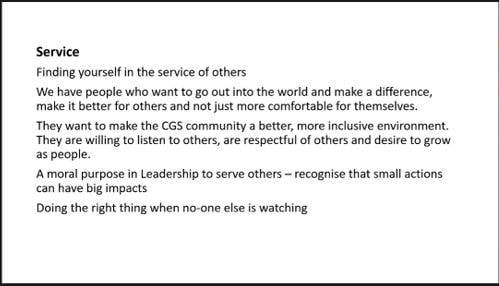
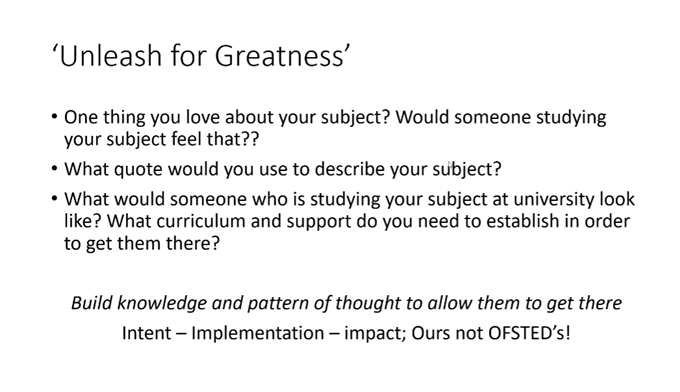

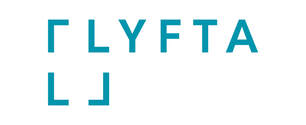
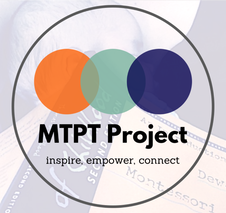


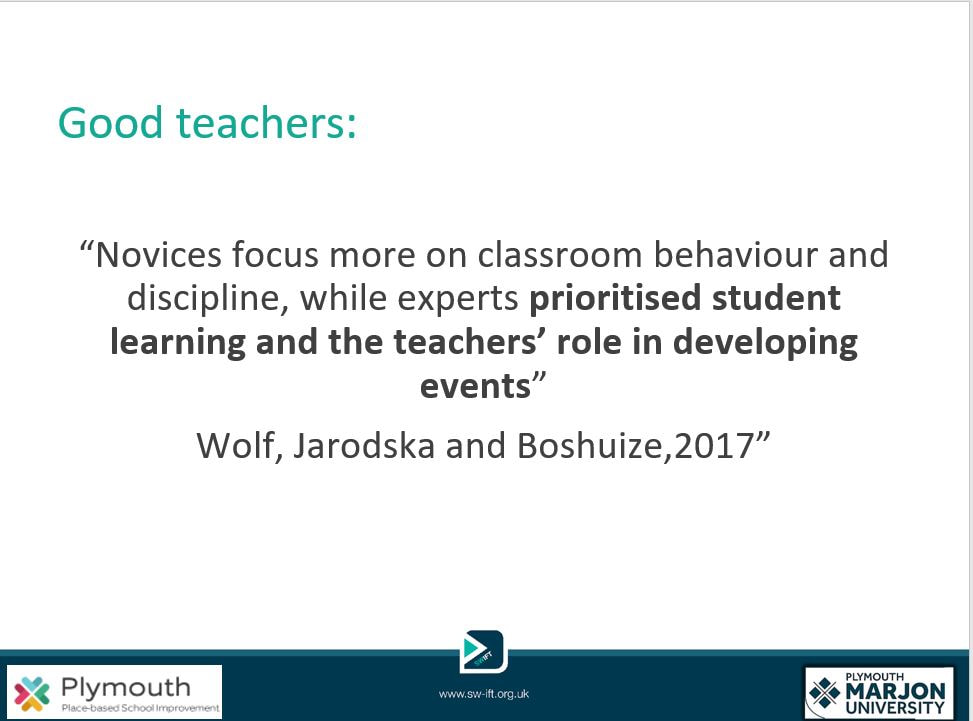
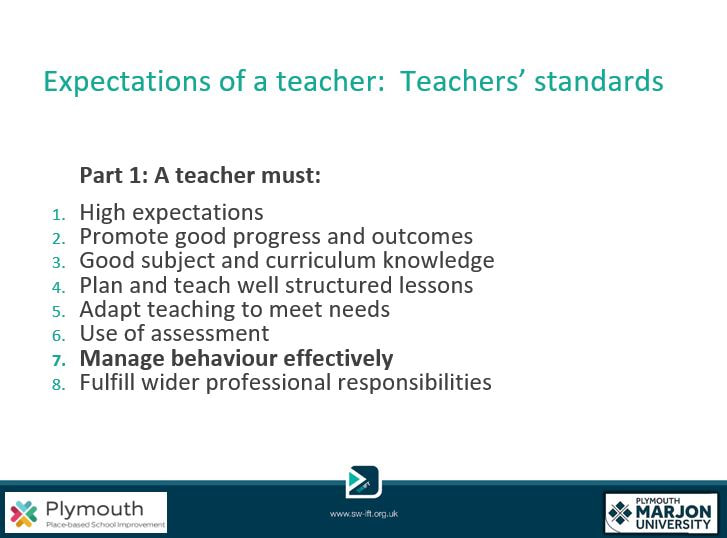
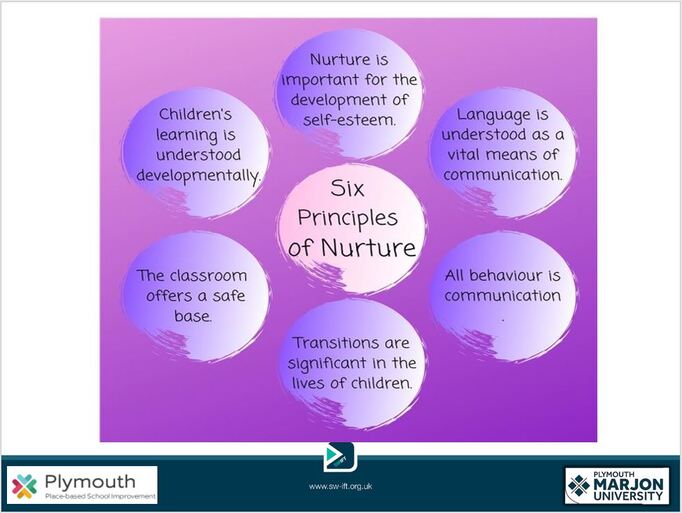
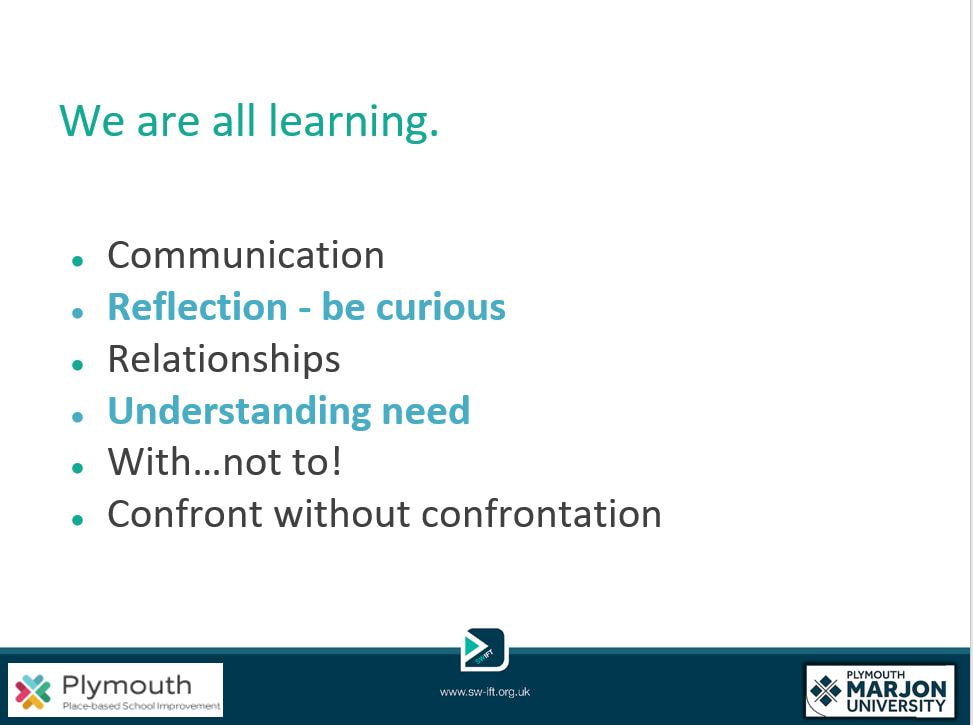
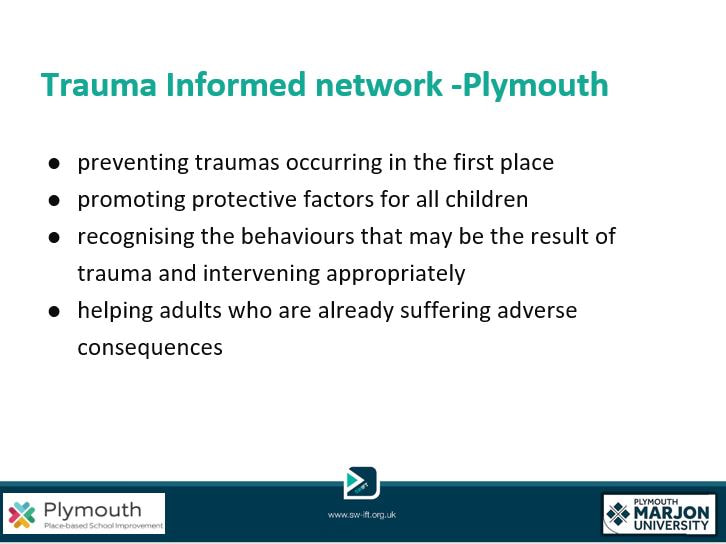

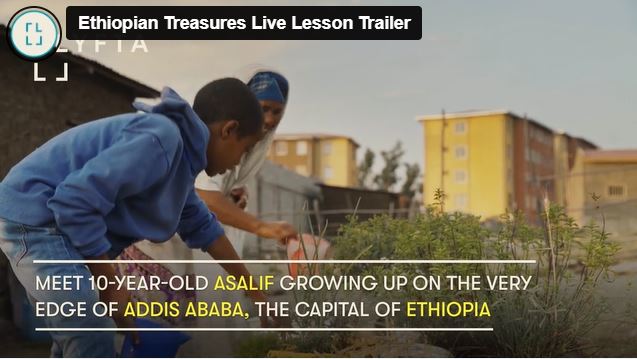
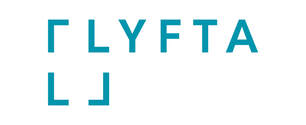

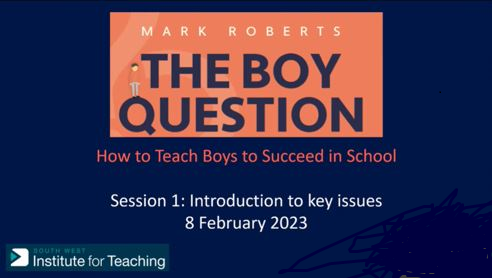

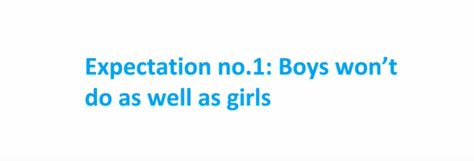
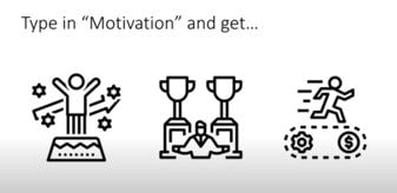


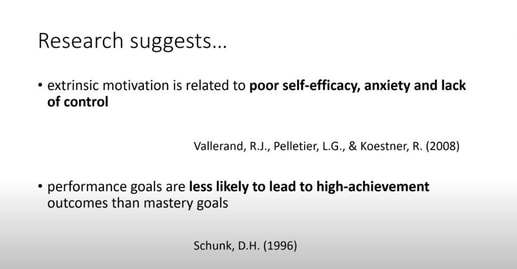
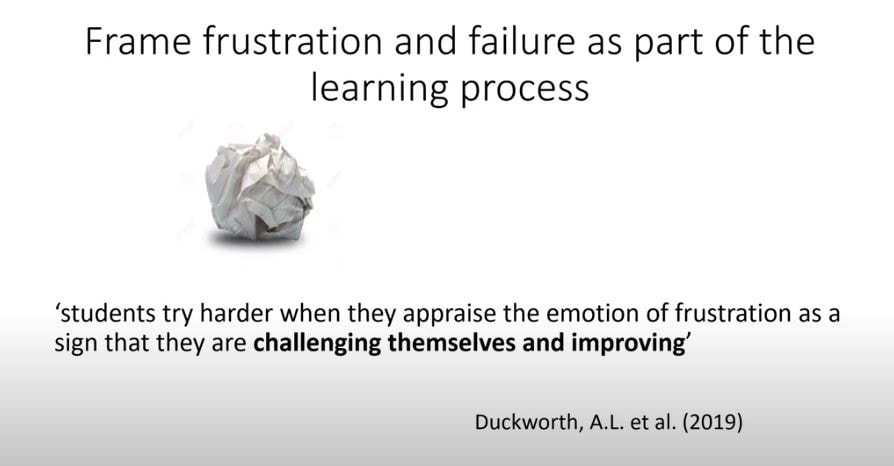

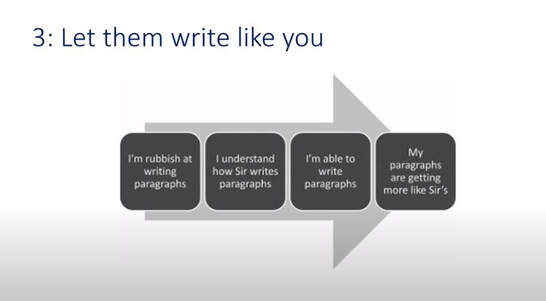

 RSS Feed
RSS Feed





